Olayinka has just released a self-produced EP entitled Songs My Mother Taught Me, six tracks in which he plays traditional songs in modern versions with a mix of his solo violin and electronics. We begin with Oluronbi, just violin melody over ambient electronics, intriguing and engaging. The irregular phrase lengths in the music make it distinctive, whilst Olayinka's decision to not dress up the material pays dividends. The same approach applies to Labe igi orombo, with rather touching results and to the haunting Iwe Kiko. There is something intriguingly Celtic about both Iwe Kiko and Iya ni wura, perhaps because the ambient treatment reminds me of artists like Enya, and it would certainly be intriguing to hear the Nigerian originals. Babalawo mo wa bebe and Igba Napin exist in the same sound-world, but display an interest in perhaps taking the ambient aspects of the music a bit further.
The music on the EP is both intriguing and surprising. Olayinka describes them as 'folk songs my mother taught me are songs and tales that we heard at night times just before going to bed, they are used to pass moral lessons of life to us'. Whilst you definitely leave an idea of Dvorak behind, the disc seems to encapsulate Olayinka's heritage, his mixture of Nigerian background, classical Western training and other influences. Songs My Mother Taught Me makes a great beginning and I cannot wait to hear what he does next.
The EP is available on Apple and on Spotify.
Perhaps it is unsurprising to find Olayinka exploring this mix of violin and electronics in other ways, including collaborating with the sound artist Ibukun Sunday (who performed at NonClassical's link up with the African Concert Series in 2022) with a pair of tracks that combine Olayinka's violin with Sunday's synthesizer to rather haunting and atmospheric results. Here there is less sense of the electronics providing a setting for the violin and more the two interweaving and creating complex sounds. There are two tracks on SoundCloud, do give them a listen - Nostalgia and Freedom.
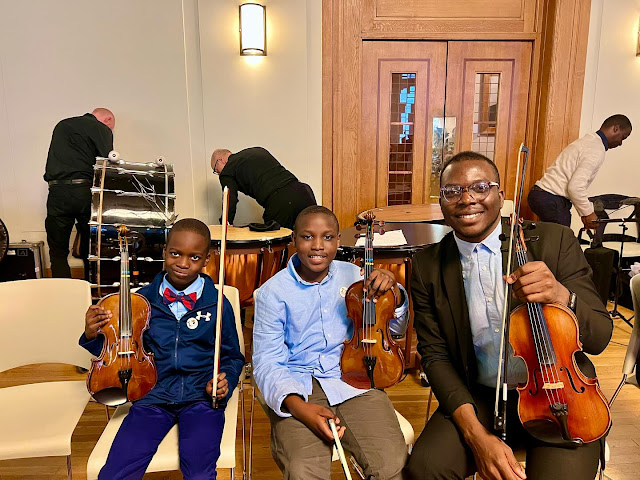 |
| with his pupils performing at Hackney Town Hall at a concert with East London School of Music & HACS Philharmonic (Photo via Instagram) |
Olawale Olayinka is also active in his native Nigeria, performing there with cello and kora virtuoso Tunde Jegede and the NOK Orchestra, as well as taking part in performances such as the Music Society of Nigeria Symphony Orchestra. And he runs his own school, too, teaching children both in the UK and Nigeria, and you can get an idea of the school's work from their Instagram feed,

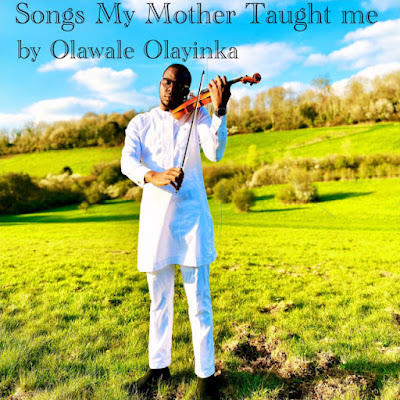
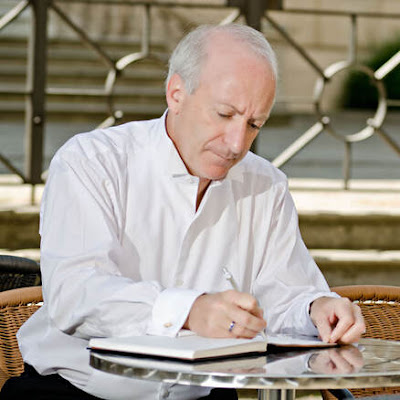

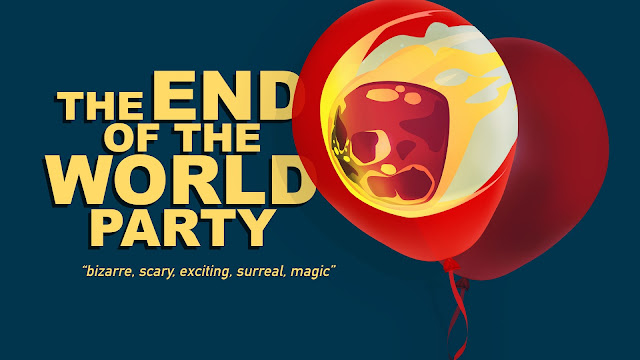



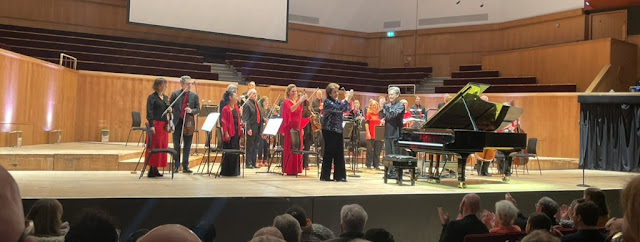




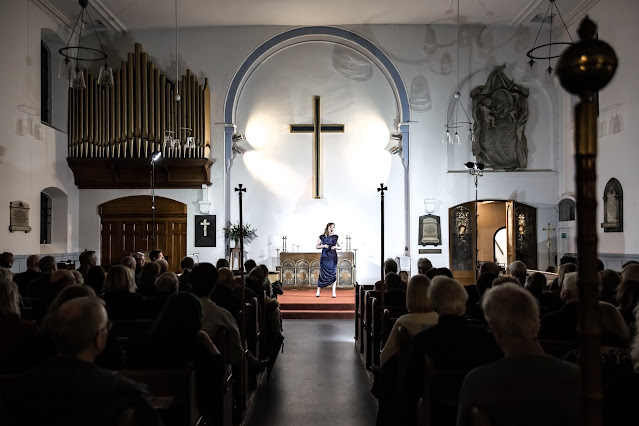

_58647941_2571185774_o.jpg)






.jpg)

.jpeg)





.jpeg)